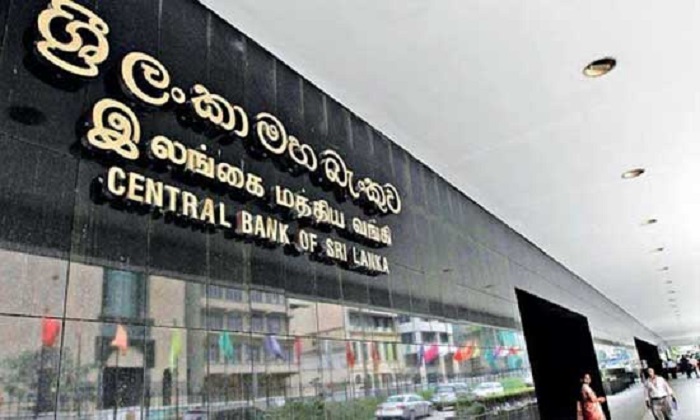
Nearly 30 complaints have been received in the last four months with regard to the prohibited pyramid scheme scams, the Central Bank of Sri Lanka (CBSL) reported.
According to the Sunday Observer, the CBSL stated the Criminal Investigation Department and the Sri Lanka Police will conduct formal investigations and strictly enforce the law in this regard.
“It is an offence, punishable under the Banking Act No. 30 of 1988, to engage in pyramid-type financial scams. Participation in pyramid schemes is a major offence under the Banking Act. Under the Penal Code, fraud through such a scam is an offence. Money laundering is an offence under the Prevention of Money Laundering Act. Those involved are also guilty of concealing true information under the Financial Transactions Reporting Act,” the CBSL warned.
The CBSL further stated that initiating, promoting, propagating, financing, managing, directing and other offences and crimes are punishable under Section 83 (c) of Act No. 30 of 1988.
“If a person commits such an offence without knowing it, the punishment has been introduced to 3 years imprisonment or a fine up to ten lakh rupees or both imprisonment and fine. However, those engaged in pyramid schemes knowing that someone else will suffer loss or damage will be punished with imprisonment between 3 and 5 years with hard labour and a fine equal to Rs.2 mn or twice the amount received from the participants, whichever is greater,” the Central Bank warned.
The Central Bank added that the Police have been vested with certain powers to initiate action against those involved in Pyramid scams.
“A police officer of a higher rank than the rank of Inspector shall, when there is evidence to the satisfaction of the persons and businesses carrying out such fraudulent transactions, can contravene section 83 (c) (1) of the Banking Act, established in terms of 154 (c) of the Constitution of the Western Province in Colombo. According to the Code of Criminal Procedure Act No. 15 of 1979, if punishable by imprisonment for a period of three years or more but less than seven years, the suspect can be imprisoned without a warrant. The Police can inform the court that a non-bailable, non-conciliatory offence has been committed,” the CBSL explained.
The Central Bank also emphasized that it can go to a High Court and request a unilateral injunction to suspend businesses found to be involved in Pyrmaid-type scams.
The bank added that most often, Pyramid fraudsters are tempted to deceive people and extort money through souvenirs, health equipment, medicines, herbal beauty products, solar power systems, electronic devices, foreign trips, and hotel packages, among many other ways. (NewsWire)
